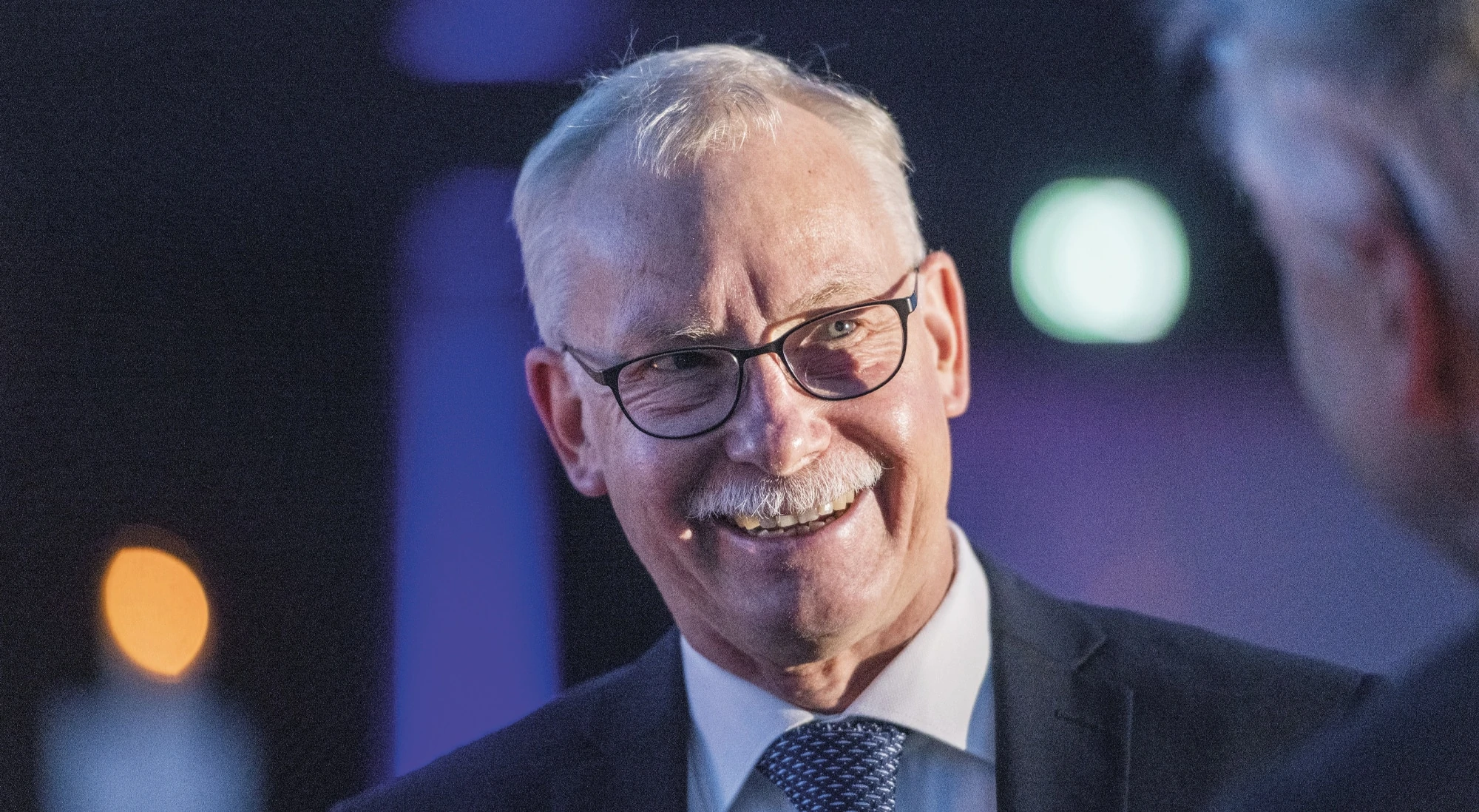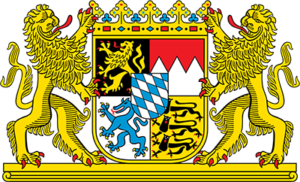Franz-Ulrich Hartl inducted into Hall of Fame of German Research
December 2018

© Max-Planck-Institut für Biochemie
Prof. Franz-Ulrich Hartl was born in 1957. He studied Medicine at the University of Heidelberg, where he afterwards gained his PhD. Hartl joined Prof. Walter Neupert’s research group at LMU as a postdoc and then became a group leader in Neupert’s department. A fellowship from the German Research Foundation (DFG) enabled him to undertake research at the University of California, Los Angeles. He did research as professor and Howard Hughes Medical Investigator at the Sloan Kettering Institute and at Cornell University in New York, USA. In 1997, the Max Planck Society succeeded in enticing the renowned scientist back to Germany. Since then, he is Director and head of the Department of Cellular Biochemistry at the Max Planck Institute of Biochemistry. Within the last years he was honored with multiple scientific prizes including 2002 the Gottfried Wilhelm Leibniz Prize, 2011 the Albert Lasker Award for Basic Medical Research, 2012 the Shaw Prize together with Horwich and 2016 the Albany Medical Center-Prize together with Horwich and Susan Lee Lindquist 5).
Prof. Franz-Ulrich Hartl, director at the Max Planck Institute of Biochemistry in Martinsried, was inducted into the Hall of Fame of German Research. The award, which was introduced by the Manager Magazin in 2009, honors Hartl as a pioneer in the field of cellular biochemistry. Together with colleagues in the USA, Hartl demonstrated that newly produced proteins do not fold spontaneously but require the assistance by folding helpers, so called chaperones. This finding refuted the central dogma that proteins in cells can fold spontaneously, just as they do in the test tube. Hartl’s research shows that misfolded proteins contribute to neurodegenerative diseases like Alzheimer’s and Parkinson’s disease and are associated with malfunction of chaperones.



